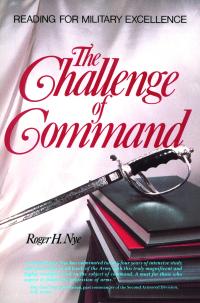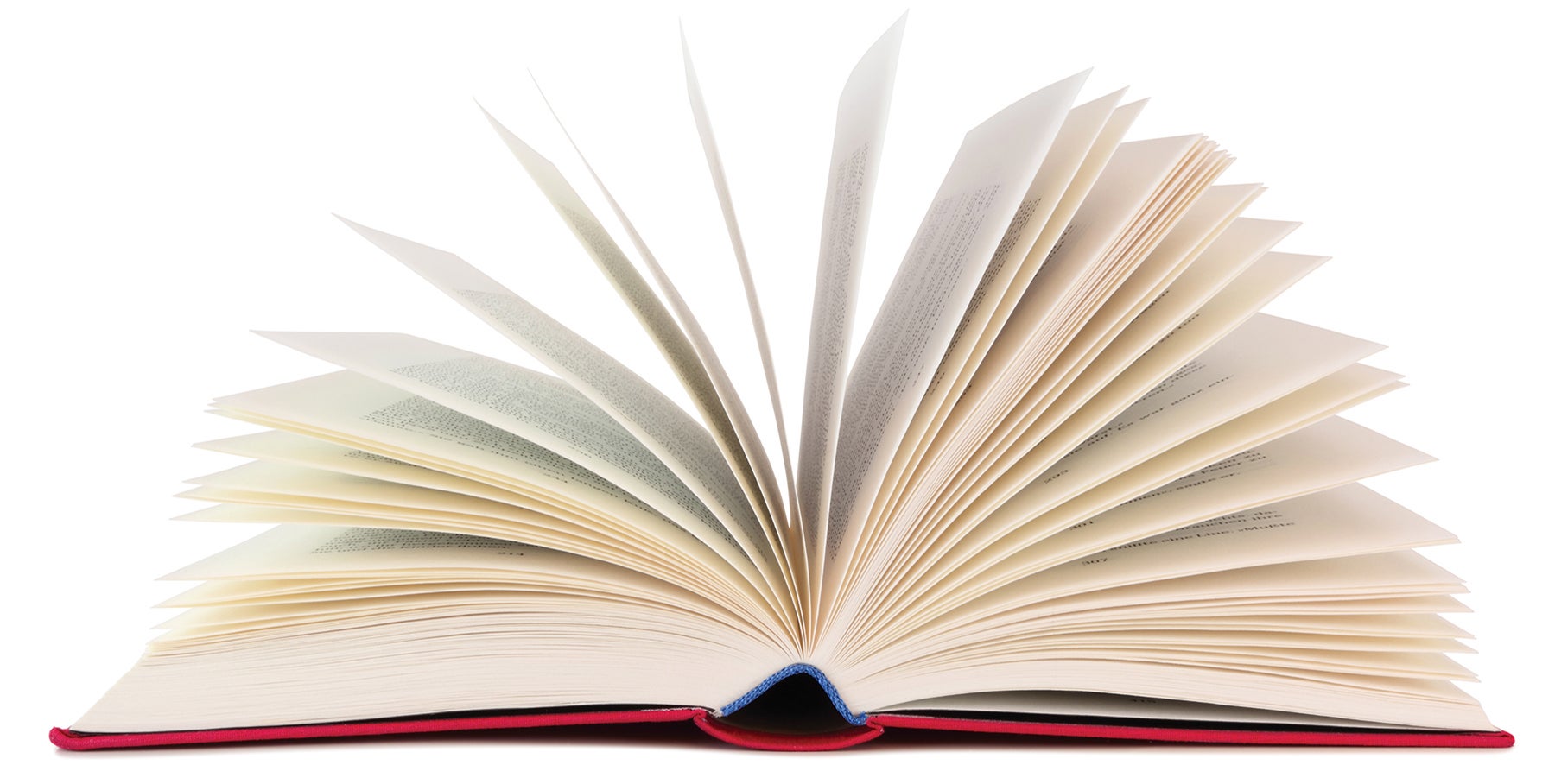Reading for professional growth is an important practice for military leaders. However, there can be plenty of false starts along the way—especially for younger officers and NCOs. For instance, I remember walking into a bookstore as a second lieutenant, going to the military history section and picking out the first book I thought looked interesting. Many times, these books lacked professional value or the reading was so dense that I could not bring myself to finish. Too often, I took a break following these self-study missteps.
While there are numerous reading lists out there for young leaders to choose from, many of them don’t explain the “why” behind the book’s importance. Even the Army chief of staff’s list provides nothing more than a brief synopsis of a book (which is more than most give).
Selecting a Book
So, to help professionals with their reading journey, here are five practices to adopt to help select the right books for development:
1. Ask a mentor: “What book (or books) have you given most often as a gift and why?”
Timothy Ferriss, a bestselling author and host of a popular podcast, The Tim Ferriss Show, asks this same question in his latest book Tribe of Mentors: Short Life Advice from the Best in the World. I have asked a variation of it throughout my career. I have found that if someone gives the same book over and over again as a gift, it has had a profound impact on their life. And when you ask this question, mentors provide great insights they gleaned from the book or books, making the title even more appealing to read.
2. Check out the footnotes and endnotes.
I never used to be interested in footnotes and endnotes of books, but then I discovered that they aided in deepening my understanding of numerous topics. For instance, most popular leadership books are a mixture of vignettes, academic research and references to other leadership books, so the endnotes typically provide a wealth of follow-on reading. When I read a book, I usually keep a notebook close at hand so when I come across additional reading, I make sure to write the title down. This helps me remember to come back to it when I finish the book. This practice has allowed me to gain a more in-depth look at topics that have interested me over the years.
Also, the footnotes and endnotes of many history books have led me back to primary sources that were of greater value than the book I was reading. For instance, when reading about the interwar years, I discovered great debates that took place in journals between junior officers and field grade officers on future aspects of the military profession (a phenomenon I wish happened more today). I might not have learned about this if I didn’t follow the footnotes.
3. Connect with experts.
One of the benefits of social media is that it allows you to interact with individuals who might be far outside your social or professional circle. Many times, I’ve reached out to scholars and professors on platforms such as Twitter to ask them for article or book recommendations, and most have been more than willing to help. The Modern War Institute at West Point also runs a great series titled War Books, in which national security professionals and military leaders share what is on their bookshelf.
4. Use reading apps.
Goodreads is one of my favorite mediums for keeping track of what I read and learning about what my friends are reading. It’s like Facebook for book nerds. Users can share what they are reading with others, recommend books, share their status updates on Facebook and Twitter, and even connect their “want to read” shelf with their Amazon wish list. I have added a number of books to my read list after seeing friends or mentors reading them.
5. Read book reviews.
A benefit of reading ARMY magazine is that each issue has book reviews. For the longest time, I ignored these nuggets of wisdom. Unfortunately, it was not until I started writing book reviews that I realized their value. Each book review typically features a short synopsis of the book; two to three takeaways that the reviewer gained from the book; an overall rating; and a recommendation of who would benefit from reading the book.
Many of the reviews are written by experts or longtime practitioners, which makes the value of the reviews even greater. Quickly scanning book reviews is an easy way to discover new books and determine if they are worth reading.
Other Resources
There are also a few books about books for professional development that I have used to grow my professional library. In The Leader’s Bookshelf by retired Adm. James Stavridis, he interviews senior officers to get a comprehensive list of books that are important to the military profession. Each chapter contains a synopsis of a book, why the contributor recommends it, information on the author and a summary of leadership lessons.
The Challenge of Command: Reading for Military Excellence by Roger H. Nye is a classic full of recommended reading on military leadership. Even though Nye wrote the book over 20 years ago, many of the book recommendations are still relevant. Finally, The Past as Prologue: The Importance of History to the Military Profession, edited by Willamson Murray and Richard Hart Sinnreich, is my favorite book for discovering important works of military history that we should all read. The book contains a series of short essays on a myriad of topics, which are full of great book recommendations. I highlighted the footnotes as much as I did the main body of text. I also give this book most often as a gift to junior leaders.
There are also fantastic reading lists that I’ve signed up for, where authors share books they are reading each month with subscribers. For example, Ryan Holiday, who has written extensively about stoicism and is a New York Times bestselling author, sends out a monthly email with recommendations of books he’s reading. Because he is not in the military, the list exposes me to books I might not otherwise hear about but are valuable nonetheless. If you go to my website From the Green Notebook, you can sign up for my monthly email list of professional reading that I find of value.
Pass It On
Whether you use my recommendations for finding professional reading, the important thing is that you read to develop and grow yourself as a leader. And when you find that book that helps you improve as a military professional, make sure you pass it on. Tell junior leaders about the book or write a review for a professional publication; you never know, that book might kick-start a habit that has ripple effects throughout the profession.





